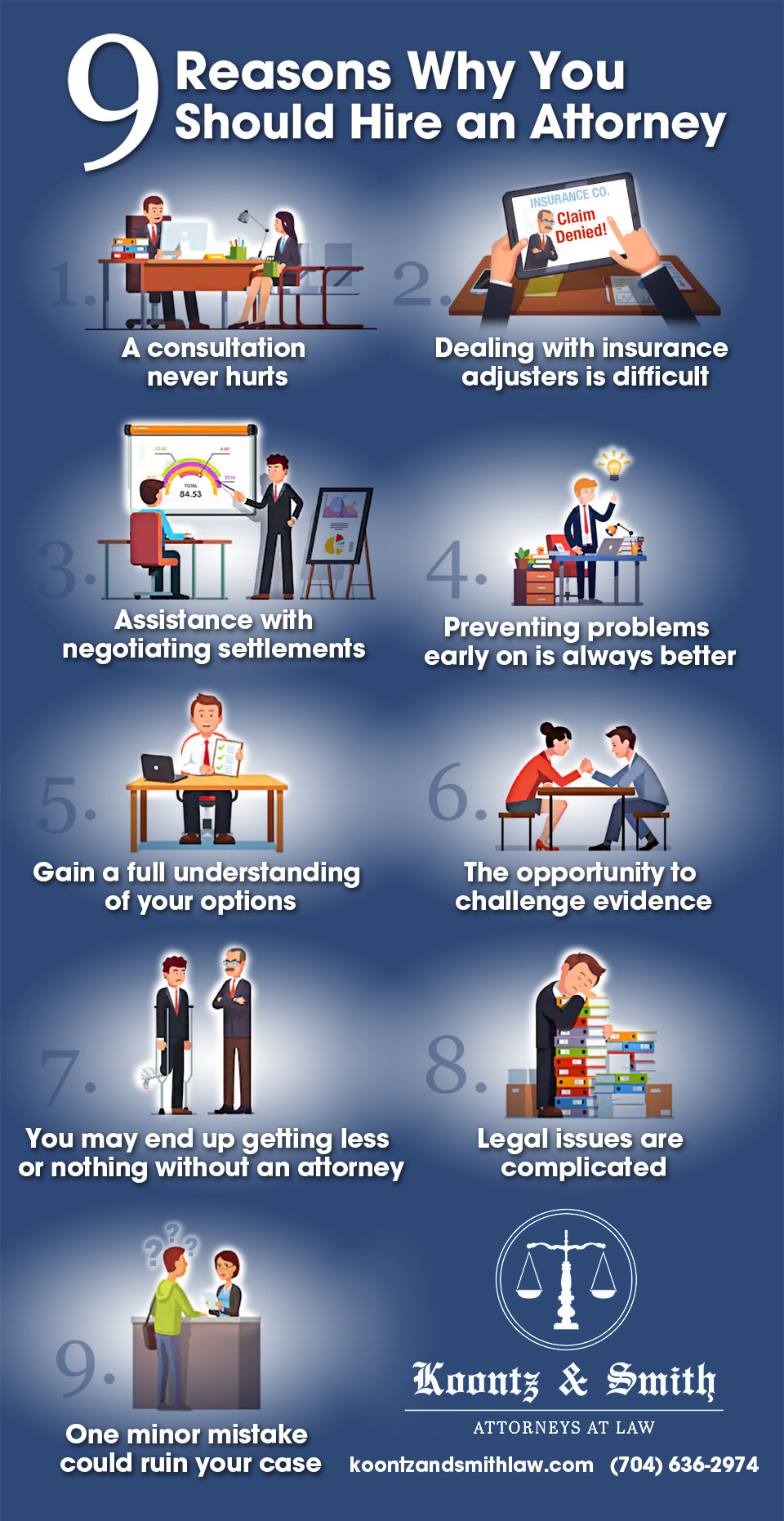Deepen Your Understanding Of Trial Prep Work By Exploring The Organized Methods That Criminal Justice Lawyers Embrace-- What Substantial Steps Do They Participate In?
Deepen Your Understanding Of Trial Prep Work By Exploring The Organized Methods That Criminal Justice Lawyers Embrace-- What Substantial Steps Do They Participate In?
Blog Article
Produced By-Steele Patterson
When you consider the prep work that enters into a criminal trial, it's simple to ignore the comprehensive behind the curtain work lawyers engage in. You'll locate that they begin by analyzing the instance information and gathering proof, yet it doesn't stop there. They craft methods based upon who's supervising the case and who's sitting on the jury. As they navigate the complexities of each trial, they likewise have to prepare for the prosecution's relocations. So, what details actions do they take to make sure everything aligns perfectly come trial day?
Instance Assessment
When getting ready for a trial, a detailed case analysis is vital for any type of criminal justice lawyer. You'll begin by evaluating the truths of your instance, which establishes the foundation for your technique. Understanding the timeline of occasions, identifying principals, and acknowledging possible weaknesses in the prosecution's disagreement will certainly aid you develop a solid approach.
Next, you'll evaluate any existing lawful criteria that can influence your case. Acquainting yourself with similar cases can provide important understandings right into how courts might analyze the law. This understanding allows you to prepare for difficulties and resolve them proactively.
Furthermore, you'll want to consult with your client to collect their viewpoint and ensure their story straightens with the proof. Effective interaction additionally helps construct trust fund, which is important for a strong attorney-client relationship.
Lastly, think about the implications of various outcomes. This analysis not only prepares you for trial but also enables you to recommend your customer on possible plea deals or alternate resolutions.
Evidence Collection
After analyzing the instance, the following step includes event proof that supports your customer's protection. This procedure is vital, as the strength of your situation frequently depends upon the high quality and relevance of the proof you collect.
You'll begin by recognizing prospective resources of proof, which may consist of witness statements, authorities reports, security video footage, and forensic data.
As soon as you have actually identified these sources, you'll need to acquire them legitimately and morally. This could suggest filing requests for files, talking to witnesses, and coordinating with professionals who can assess physical evidence.
Be extensive in your paperwork; every item of evidence must be cataloged meticulously to guarantee you can reference it quickly during trial.
It's also important to review the proof for its admissibility. Some things might be engaging but could deal with obstacles in court because of legal guidelines. You'll want to prepare for any kind of objections from the prosecution and prepare counterarguments.
Lastly, keep your customer educated throughout this process. Transparency develops count on and helps them recognize exactly how each piece of proof adds to their defense strategy.
This collective strategy lays the structure for a strong situation as you relocate closer to test.
Test Approach Development
Developing a trial technique is important for efficiently offering your case in court. You'll wish to start by assessing the proof accumulated and determining key motifs that sustain your client's setting. Think about exactly how to offer the facts in a compelling story that resonates with the court.
Next off, consider your audience. You need to customize your technique based upon the judge and jury's backgrounds, ideas, and values. This understanding can lead how you frame your debates and pick which proof to highlight.
It's also important to expect the prosecution's approach. Identify prospective weaknesses in your instance and develop counterarguments to address them proactively. Consider what questions jurors might have and be prepared with clear, succinct responses.
As soon as you have actually established your core arguments, practice supplying them confidently. Simulated tests can be advantageous for refining your presentation style and evaluating the efficiency of your technique.
Last but not least, stay versatile throughout the test. Prepare to adjust your strategy as brand-new proof or growths emerge, guaranteeing you remain concentrated on attaining the best end result for your client.
Final thought
In planning for trial, you need to remain organized and aggressive. By thoroughly analyzing https://www.democratandchronicle.com/story/news/2022/04/20/monroe-county-public-defender-finalists-public-session-draws-big-crowd/7334767001/ , gathering solid proof, and crafting a critical strategy, you'll set on your own up for success. Keep in mind, versatility is vital; be ready to adapt as the trial progresses. With effective interaction and method through simulated trials, you'll be well-appointed to counter any challenges that arise. Inevitably, your prep work can make all the distinction in achieving a positive result for your customer.
